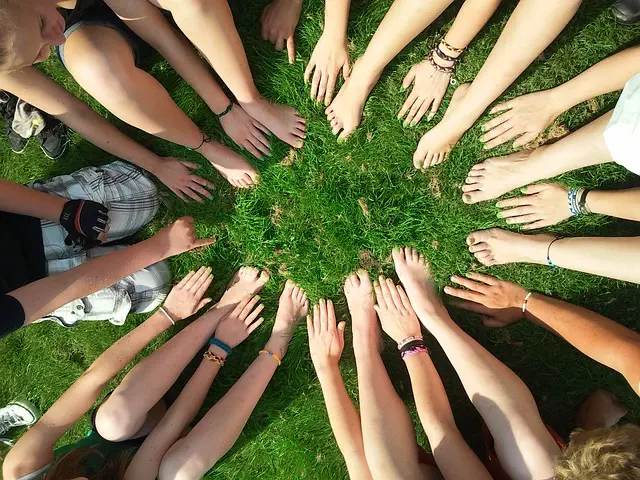
Let’s all admit it – being a student is nowhere near as glamorous as it’s portrayed in the movies. Depending on where you are or who you’re with -whether it’s a public school, an international school in Manila, or otherwise – the overall experience can range from downright horrible to extremely great. But, there’s one thing that remains constant all throughout: learning. It is and always will be an integral part of the affair. Be it about the history of man, the science of nature, or the complexities of artistic expression, the teachers in our school always aim to teach us the subjects they deem necessary for us to know in order to advance in life, irrelevant as it may seem at the time.
However, that’s not all school does for you. Aside from giving you knowledge, it also gives you education.
And no, they’re not the same thing. Here’s why:
You could be the highest of your class, “the cream of the crop” as you will, yet still utterly fail in life. Why? Because knowledge can only get you so far. Without applying what you know, then it’s as good as useless. See, there’s a stark difference between knowledge and education, and it’s crucial that everyone understand this, students and teachers alike.
Knowledge is, as its name implies, simply knowing. You know that one plus one equals two. You know that the ABC’s form words. You know that pencil on paper makes lines. Education, on the other hand, makes you realize that “one plus one equals two” allows you to quantify and measure objects; ABCs not only form words but also allow you to communicate; and that the lines pencils make can be used to draw or write. Basically, education is employing knowledge as a tool (to meet one’s own goals).
There are other benefits to being educated as well. Here are some of them:

Fitting in
Humans are social creatures, so it comes as no surprise that we talk to each other. A lot. Staying up to speed whenever a conversation breaks out is crucial to social acceptability – something everyone wants and definitely needs. (This is supported by Abraham Maslow’s theory of Hierarchy of Needs.) Communication is an undoubtedly indispensable aspect of human life, so everyone must ensure that they’re able to at least execute it in its most basic form so that they can understand others and be understood themselves.
Standing for something
There’s an old saying almost everyone knows about: “if you don’t stand for something, then you don’t stand for anything.” Indeed, not having a mind of one’s own that has original thoughts, ideas, and opinions are unfortunately wasted; people are unique and creative by nature and so it only makes sense to use utilize these traits to its fullest potential.
Happiness
While education might not be the single thing everyone needs in order to reach happiness, it plays a large role in obtaining it. Happiness can be attained by those who are confident in themselves, their job, and the people around them; educated people are much less likely to cause harm and develop an inferiority complex (the latter of which can severely hinder one from growing both mentally and emotionally). Those who are well – informed are also to make better decisions as they can weigh the pros and cons of each potential outcome in their heads then apply logic.
Again, education is important; it imparts upon everyone who gets it the wisdom and know-how to get through various situations without the help of others. Education is a building block to becoming a better person, and therefore becoming an exceptional member of society.







-logo.png)



